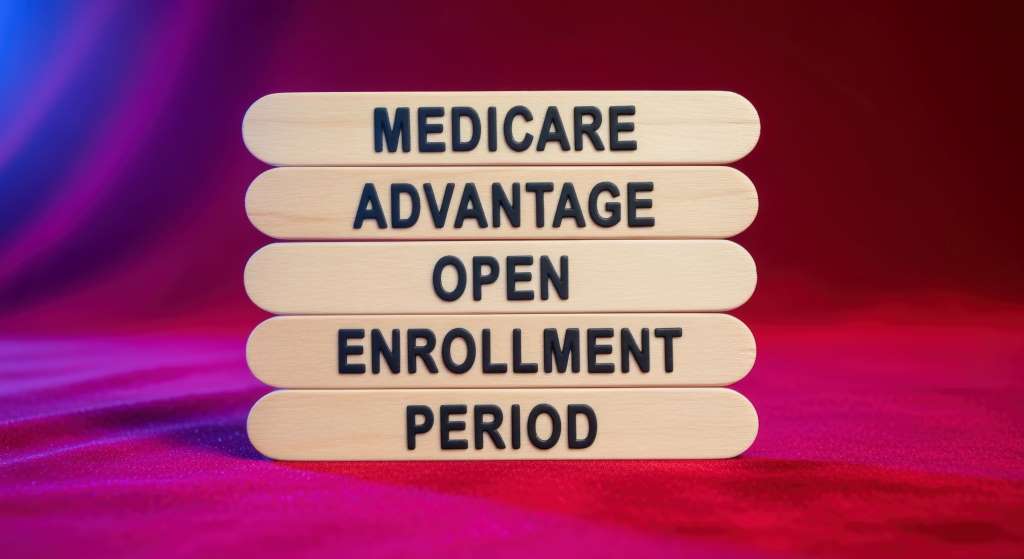As most of you know by now, the CARES Act waived the minimum distribution requirement from IRAs and Inherited IRAs for 2020. Although some Americans rely on distributions to fund living expenses, others do not require the funds or choose to donate all or a portion of the funds to charity.
The IRS requires owners of an IRA to begin annual withdrawals from their accounts starting in the year they turn age 72, which is known as a Required Minimum Distribution (RMD). The amount of the RMD is determined by one’s age, life expectancy, and the value of the account as of December 31 of the year prior to the year of distribution. Distributions from IRAs are treated as taxable income on Form 1040 (Line 15b). Failure to take the RMD results in a significant penalty in addition to the tax on the distribution.
There is a provision in the tax law called the Qualified Charitable Distribution (QCD), which allows someone age 70 ½ or older to donate up to $100,000 directly from the IRA to a qualified charity. The amount of the QCD is not reported as taxable income, nor is the amount reported as a charitable deduction on Schedule A of Form 1040. While this appears to be a wash, there are benefits to doing a QCD.
Some taxpayers who used to itemize their deductions prior to 2018 may no longer be able to do so. Those taxpayers will reduce their income taxes by making a QCD.
For those who still itemize, the QCD lowers Adjusted Gross Income (AGI), which is used in determining many items such as Medicare Part B premiums and even the dollar amount of the most recent economic tax stimulus checks.
Contributions to a private foundation or Donor Advised Fund do not qualify for the QCD treatment.
Before 2020, the QCD was a great planning tool to reduce taxable income for those who were required to take a minimum distribution from retirement accounts but did not need the monies for their living expenses. This would allow the IRA owner to reduce the adjusted gross income on their tax return by the amount of the QCD. The amount of the QCD would also reduce the balance in the IRA, thus possibly reducing the next year’s RMD.
Now that the CARES Act has waived the RMD requirement, does it still make sense to utilize the QCD for your charitable planning?
The answer for most is yes – the tax benefits of the QCD remain the same, even after the passing of the CARES Act. The fact that one no longer has to take an RMD does not mitigate the benefit the QCD still allows for a tax-free gift to a charity you care about. Additionally, distributions are still considered to be a tax-free withdrawal and may benefit you in future years by lowering the current value of the IRA, thus reducing expected RMDs in the future. Lastly, it’s important to note that many charitable organizations have been hit hard by the direct and indirect effects of the Coronavirus. Giving to these charities now continues to allow those organizations to continue their important work.



